One of the weaknesses in the Australian education system is a lack of understanding of civics. Teaching children the basics of our democracy has been supplanted by the wacky world of identity politics. Greater priority is given to indoctrination programs on ‘gender fluidity’, ‘penis tucking’ and ‘breast binding’ than knowing the contents of the Australian Constitution. Even some elected representatives are struggling with the concept of civics. Christine Forster, for instance, has been a Sydney City Councillor since 2012 and a high profile campaigner for same-sex marriage. Last week on Twitter she declared, ‘Australia simply does not need legislation to protect religious freedoms, they are guaranteed by the Constitution.’ Has she read the document? At Section 116 it states, ‘The Commonwealth shall not make any law for establishing any religion, or for imposing any religious observance, or for prohibiting the free exercise of any religion.’ That is, the federal government cannot force people into religious practice or restrict the freedom of established religions. The clause says nothing about protecting people of valid religious faith from vilification and discrimination by non-government entities – the core problem facing our Christians today. We have entered an era of human rights revenge, requiring an overhaul of human rights law.
In the 1950s and 60s, Australia had elements of bigotry against so-called minorities, most notably through the White Australia policy. But then the creation of anti-discrimination laws in the 1970s and 80s, plus improved education levels, created a more tolerant society. We became a land of equal opportunity, where if people study and work hard they can achieve anything, regardless of race, gender and sexuality. Instead of celebrating these remarkable gains, left-wing identity politics is seeking revenge for past grievances (real and imagined). Take the example of gay-left politics. In terms of wealth, income, education levels and access to the media, this community sits well above the national average. It enjoys a successful, privileged place in Australian society. Yet instead of saluting these achievements, gay-left activists are trying to get even with Christians for things that happened decades ago. There have been many examples of this process, but the two highest profile cases have involved the vilification of Margaret Court and Israel Folau. Last year Court, an Australian hero, both as a sporting champion and a Christian community worker, was rubbed out of her role at a government school tennis academy in Perth, solely because of the legitimate views of her faith on homosexuality. Folau has copped similar abuse from the Leftist media, trying to silence his public statements as a Christian Wallaby. There was a time when, if just one person had their rights abused by the misuse of state power, the Left would go to the barricades in their defence. Now the Left does the abusing. The oppressed have become the oppressors. It is sometimes said there are two types of Christians: those who suffer for their religion and those who enjoy it. Today, most Christians are suffering from the reality or fear of leftist vilification. New anti-discrimination laws are needed to overcome this problem, protecting traditional ‘majority’ groups as much as perceived ‘minorities’. Religious freedom should be protected in two significant ways. The first is to outlaw discrimination against people of faith (the Court case) and attempts to limit their freedom of speech (the Folau case). The second protection is to ensure government laws do not force people of valid religious faith to do things they regard as morally wrong. In public debate, this is often referred to as the case of the Christian baker asked to prepare a cake for a same-sex wedding celebration. History tells us that when governments have the power to make people do things they regard to be morally wrong, we move one step closer to a police state. Hence no one should be required to participate in gay marriage activities if, by their religious convictions, gay marriage is a sin.
This was a damning flaw in last year’s federal SSM statute. State anti-discrimination laws effectively coerce Christian service providers (such as bakers, dressmakers, etc.) to participate in gay marriage, for fear of being prosecuted. Religious freedom laws are needed to overcome this persecution. The key challenge for lawmakers is to carefully define the reach of religious freedom. These provisions can go too far – in the case of Islam, enshrining sharia law. No reasonable person would give full freedom and legislative protection to the way in which the Koran authorises domestic violence. Nor should religious freedom laws protect a Christian priest for failing to report acts of child sexual abuse. Valid religious faith must be protected, but in a manner consistent with the values and standards of Western civilisation (of which Christianity itself is an important pillar). So far, the Turnbull/Morrison government has mismanaged the politics of the Ruddock Review into religious freedom. Instead of publishing the report and allowing a full public debate into this complex issue, leaks have allowed malicious Fairfax Media to define the issue around the sexuality of school teachers and students. This says a lot about Australian schools themselves. Why do they have any sexual focus when they are supposed to be places of scholarship and skill development? If teachers and students leave their sexuality at home, instead of brandishing it in the classroom, they will have nothing to be discriminated about. The Ruddock Review is another missed opportunity for vital social reform under this lacklustre Liberal government.
Got something to add? Join the discussion and comment below.
Get 10 issues for just $10
Subscribe to The Spectator Australia today for the next 10 magazine issues, plus full online access, for just $10.
You might disagree with half of it, but you’ll enjoy reading all of it. Try your first month for free, then just $2 a week for the remainder of your first year.


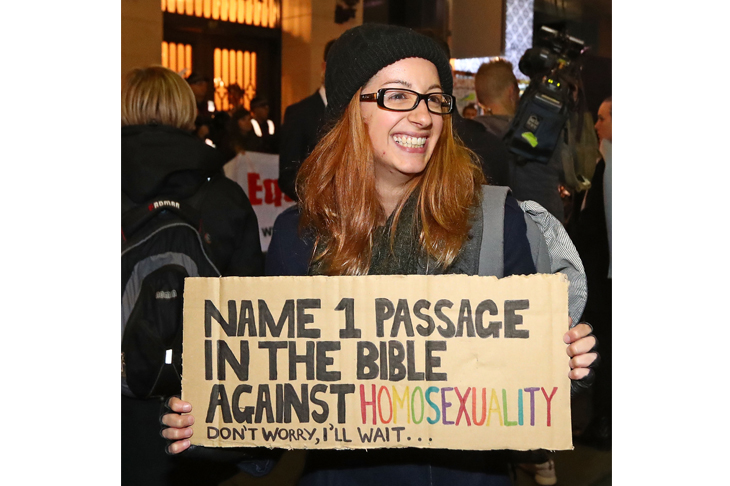

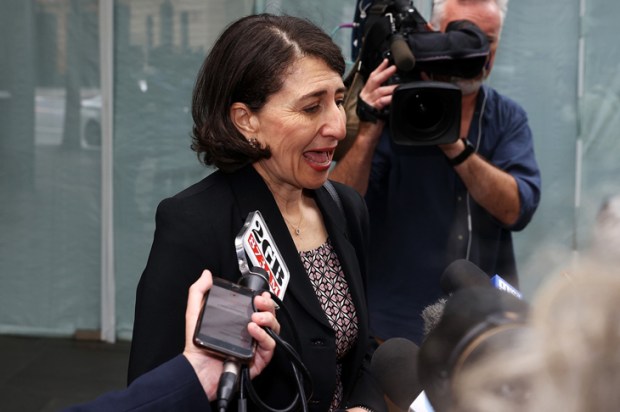

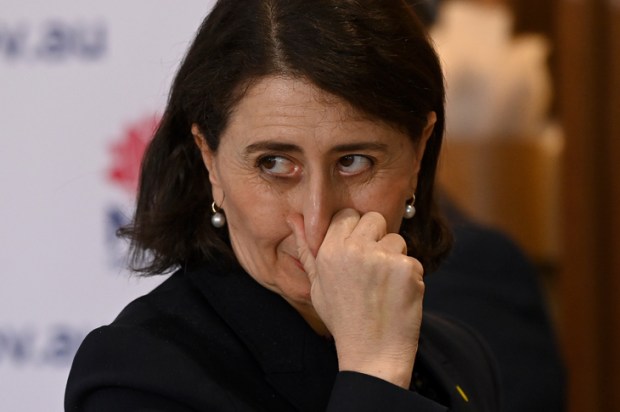
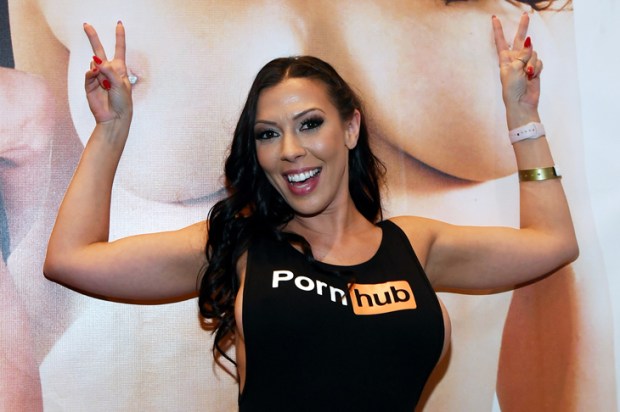
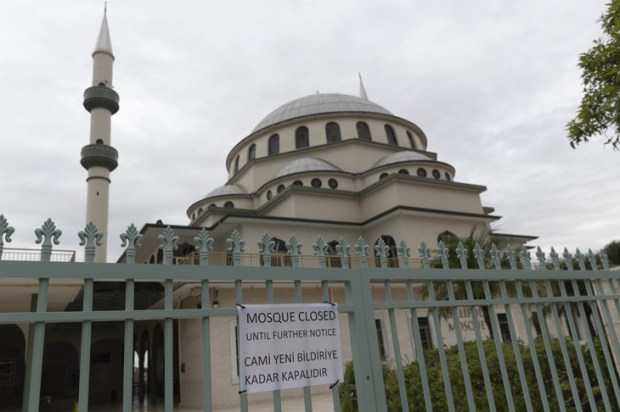






Comments
Don't miss out
Join the conversation with other Spectator Australia readers. Subscribe to leave a comment.
SUBSCRIBEAlready a subscriber? Log in